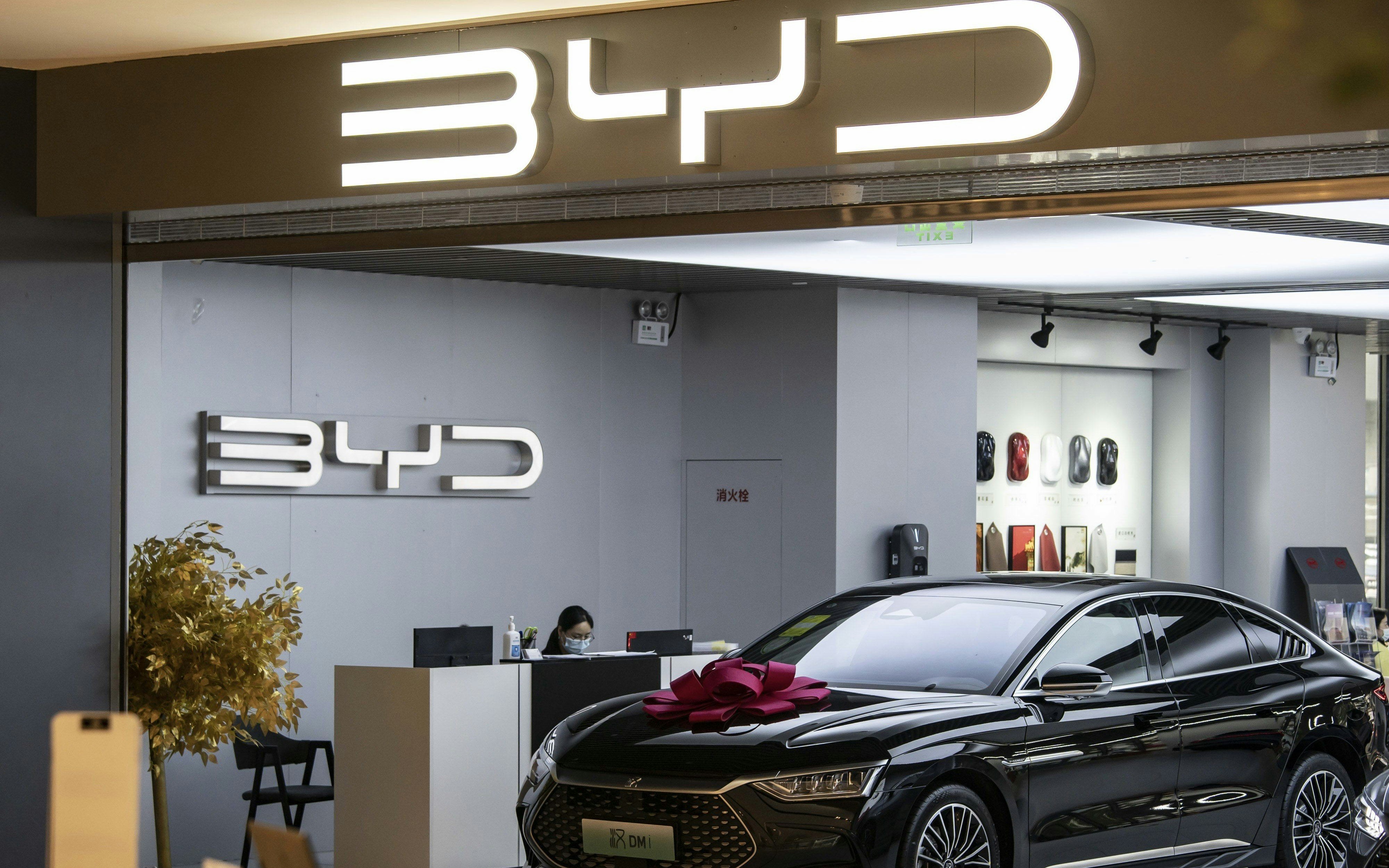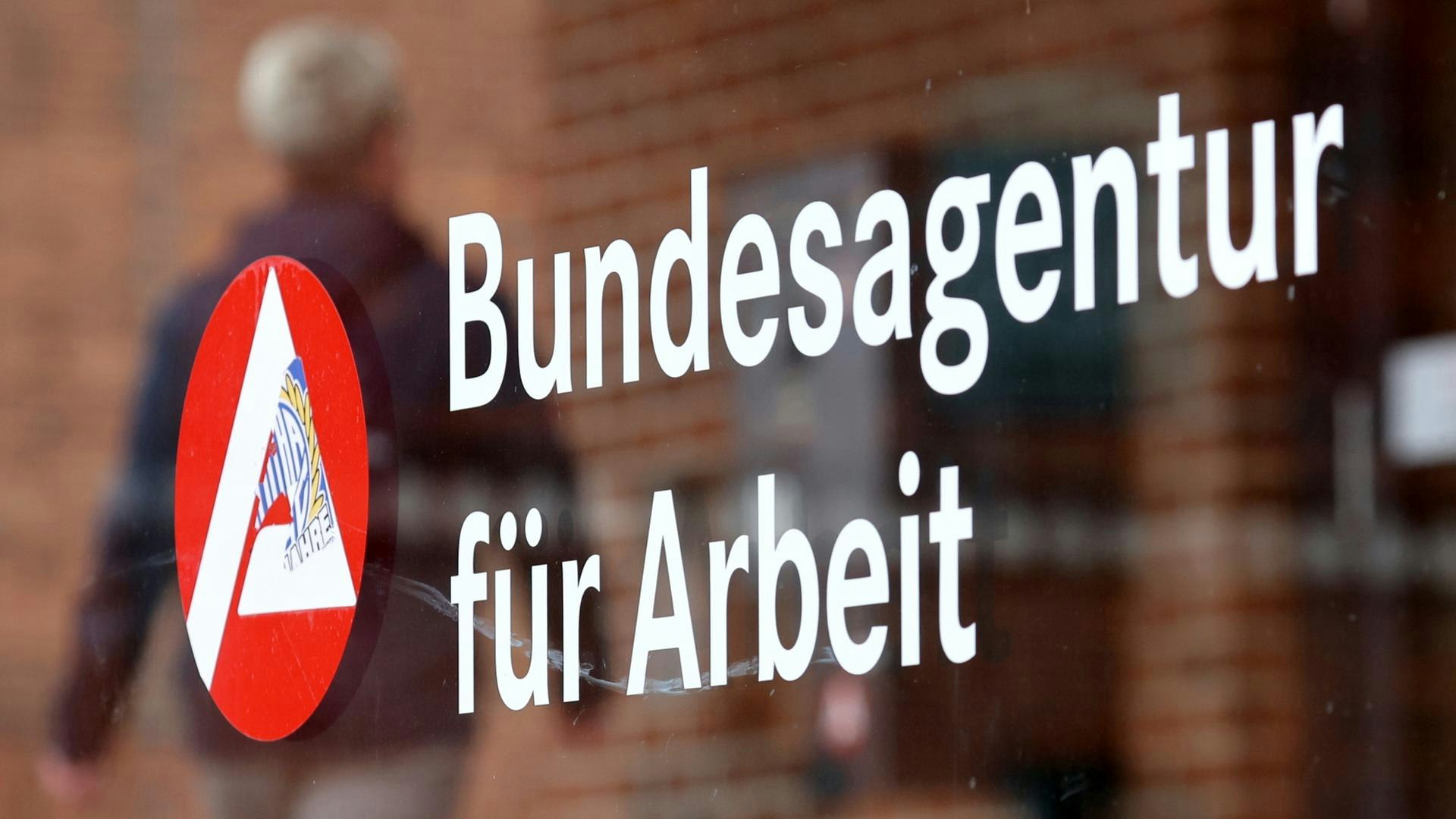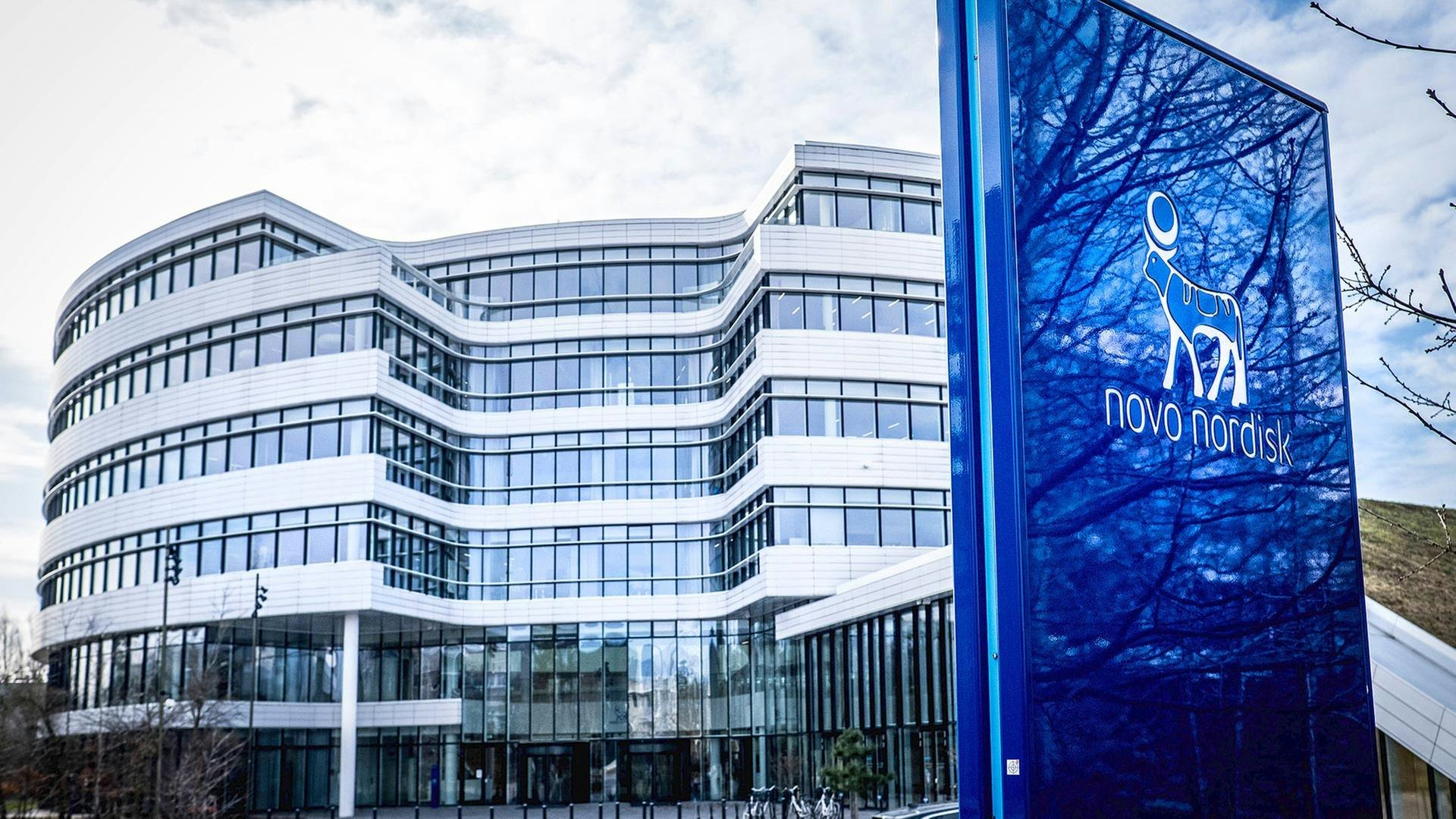Business
Beijing's Pressure Shows Effect: BYD and Competitors Commit to Faster Payments to Suppliers
Chinese automakers are under political pressure and commit to faster payments to stabilize supply chains.

As part of regulatory interventions from Beijing, leading Chinese automakers like BYD, Geely, and Xiaomi commit to stricter adherence to payment terms with their suppliers. In the future, invoices are to be settled within 60 days – a significant reduction compared to previous payment terms of up to 200 days.
The step comes shortly after a confidential meeting between the Chinese Ministry of Industry and 16 major car manufacturers. During the meeting, the authority warned against excessive price cuts and increasing payment delays, which endanger the stability of the entire supply chain. The warning is part of a series of measures by the central government, which introduced new rules for payment discipline in March – effective from June 1.
In practice, many manufacturers rely on so-called "promissory notes" – bonds used instead of direct payments. For smaller suppliers, this poses a significant risk. "If you don't accept it, the customer will just hire another supplier," explains an affected supplier to the Financial Times.
Particularly affected are upstream suppliers such as the steel industry. The industry association China Iron and Steel Association expressed sharp criticism this week: Some automakers demanded price reductions of over 10 percent - with simultaneous payment delays of several months. Manufacturers paid late and mostly in the form of promissory notes. The association demanded: "No payment, no delivery.
UBS analyst Paul Gong explains the behavior with structural overcapacity along the entire supply chain. "The industry has chronically too much capacity, which leads suppliers to be willing to take on their customers' financing costs," says Gong. In many cases, faster payment is only granted against price discounts.
At the same time, BYD is putting pressure on the industry with aggressive pricing actions. In May, the group lowered the prices for over 20 electric vehicle models, including the Seagull model, which is now offered for only 55,800 RMB (about 7,770 USD). Competitors like Changan and Leapmotor responded with similar discounts - further squeezing margins and increasing pressure on suppliers.






